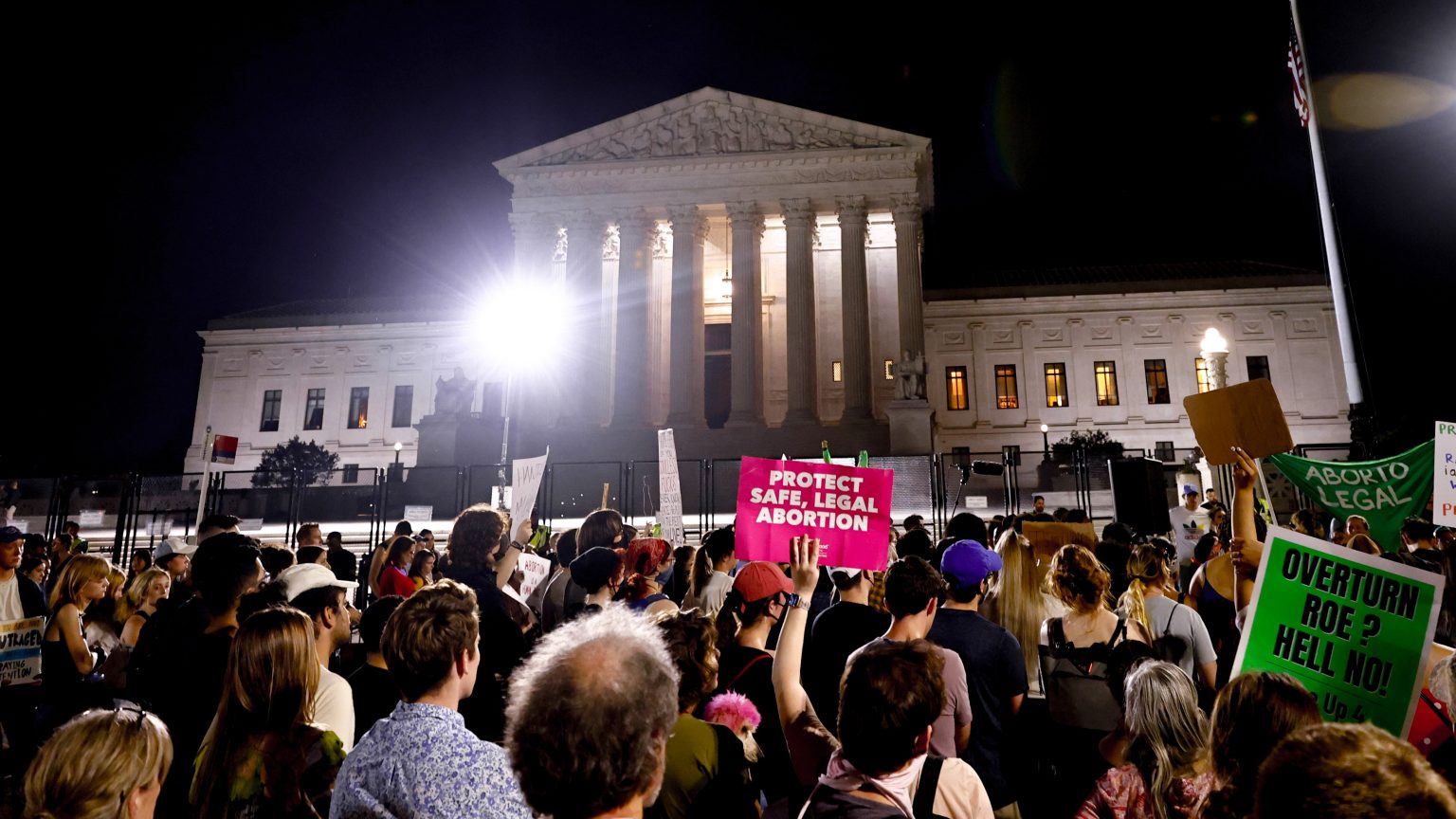The Supreme Court is set to consider another abortion case this term, this time involving Idaho’s Defense of Life Act, which makes it a crime for medical providers to perform abortions except in cases of rape, incest, or danger to the mother’s life. The Justice Department argues that the state law is too restrictive and conflicts with the federal Emergency Medical Treatment and Labor Act (EMTALA). Proponents of the state law accuse the Biden administration of using EMTALA as an “abortion mandate” to benefit the president ahead of the 2024 elections. Idaho’s Attorney General argues that states should have the right to decide on abortion laws without federal intervention.
EMTALA, signed by President Reagan in 1986, was designed to prevent hospitals from turning away indigent patients in need of critical medical care. After the Dobbs decision in 2022 left abortion regulations up to the states, the Biden administration is now using EMTALA to impose what opponents call an “abortion mandate.” A district court and the Ninth Circuit sided with the DOJ in ordering an injunction against Idaho’s law, which is now being appealed to the Supreme Court. Oral arguments are scheduled for April 24. Pro-life advocates argue that the administration’s interpretation of EMTALA is illegal and undermines states’ rights in regulating abortion.
Critics of the Biden administration’s legal challenge to Idaho’s abortion law suggest it is politically motivated ahead of the November elections, especially given the president’s decreasing approval ratings. They argue that the administration is trying to use abortion as a campaign issue and pushing for the expansion of abortion rights through executive actions, such as reinterpreting federal laws like EMTALA. Pro-life advocates emphasize that states have exceptions allowing for abortions in cases of endangerment to the mother’s life and are accusing the administration of using fear tactics to further their agenda.
The Biden administration has been criticized for bypassing Congress and attempting to expand abortion rights through executive orders, such as through reinterpreting laws like EMTALA. Proponents of the state’s Defense of Life Act argue that the federal government is overstepping its bounds by imposing abortion mandates on states and subverting states’ rights to regulate abortion within their borders. Critics see the administration’s legal challenge to Idaho’s law as an attempt to appeal to its base and divert attention away from other issues facing the country.
Despite the opposition, the Biden administration remains firm in its defense of the federal Emergency Medical Treatment and Labor Act and its interpretation of how it affects abortion laws in the states. The White House argues that federal law requires hospitals to provide health and life-saving care to patients in emergencies and condemns the chaos and confusion caused by state abortion bans. The administration is focused on working with healthcare providers and patients to ensure compliance with federal requirements, but critics see these efforts as an attempt to promote an abortion agenda and secure support ahead of the upcoming elections.
The issue of states’ rights versus federal intervention in abortion legislation is a key concern in the legal battle over Idaho’s Defense of Life Act and the interpretation of the Emergency Medical Treatment and Labor Act. Critics of the Biden administration’s approach to using federal laws to influence abortion policies argue that it goes against the principles of federalism and infringes on states’ autonomy in determining their own laws. The Supreme Court’s decision in this case could have far-reaching implications for abortion rights and state sovereignty in the United States, shaping the future of abortion regulation and access across the country.


